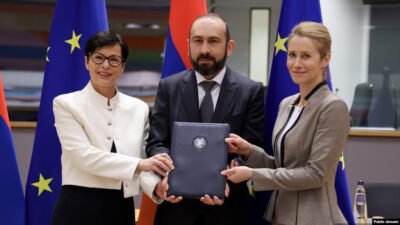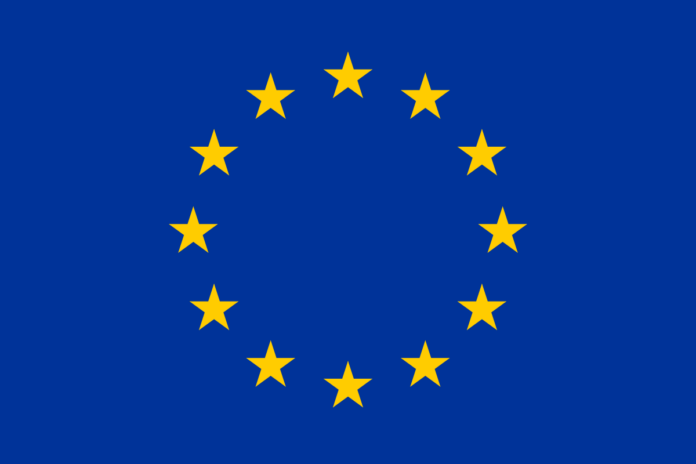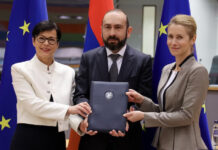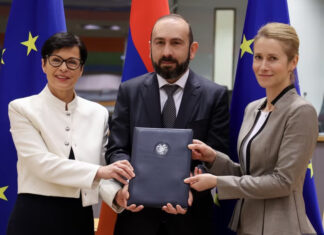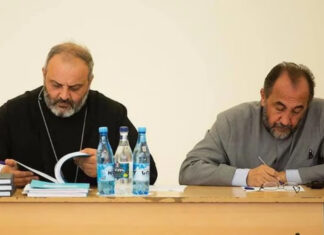YEREVAN (Public Radio of Armenia) — Following the flash floods in Armenia’s Lori and Tavush regions in May, the European Union announced on June 17 that it is providing 100,000 euros ($107,000) in humanitarian funding to assist the most affected villages.
This EU funding supports the Armenian Red Cross in delivering much needed relief assistance, including cash assistance and essential supplies.
This humanitarian aid aims to directly benefit 5,060 individuals in total, including 2,500 individuals who will receive cash assistance for their most immediate needs and 2,760 individuals who will receive support with gaining access to shelter, water, sanitation and hygiene. The assistance is targeting families whose homes, crop fields, livestock or food supplies were destroyed during the floods.
The funding is part of the EU’s overall contribution to the Disaster Response Emergency Fund (DREF) of the International Federation of Red Cross and Red Crescent Societies (IFRC).
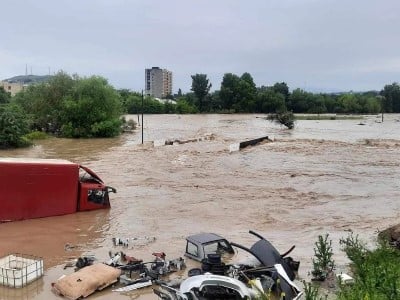
On May 26, 2024, heavy rain showers across Armenia led to significant rainfall, with up to 100 mm recorded locally. This caused the sudden overflowing of the Debed, Aghstev and Tashir rivers, exacerbating the flood impact in the Lori and Tavush regions.
The European Union and its Member States are the world’s leading donor of humanitarian aid. Relief assistance is an expression of European solidarity with people in need all around the world. It aims to save lives, prevent and alleviate human suffering, and safeguard the integrity and human dignity of populations affected by natural disasters and man-made crises.
